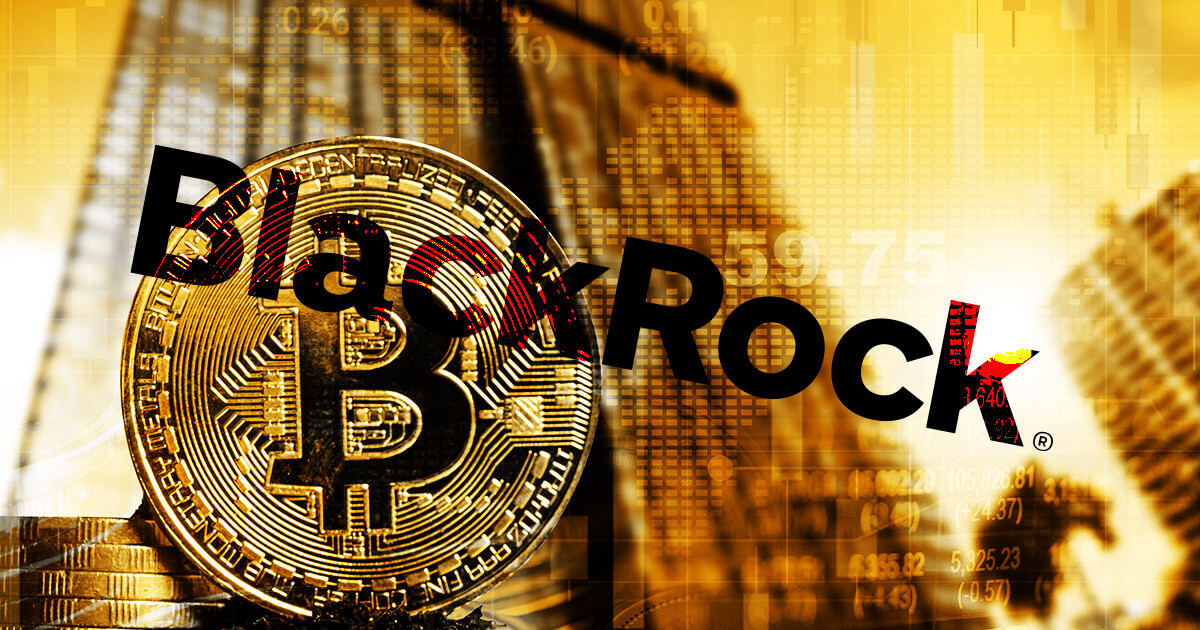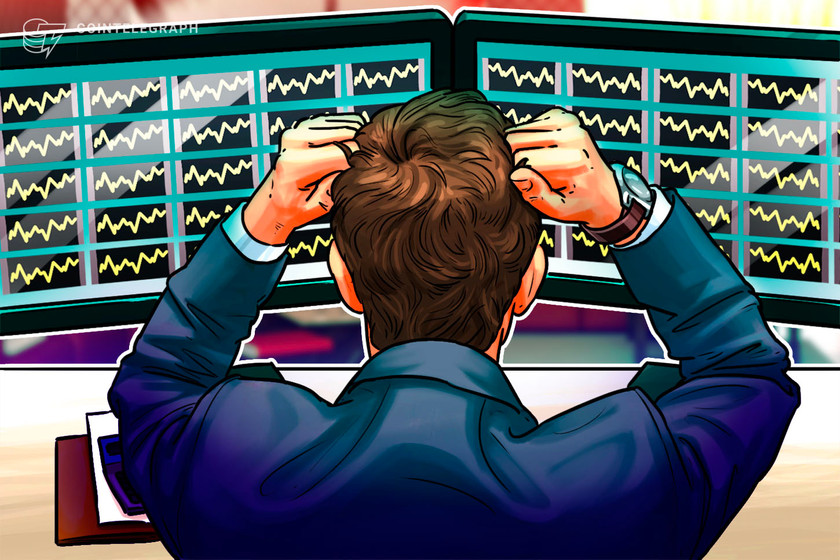BlackRock CEO Larry Fink said in his annual letter to investors outlining what he contends are the most urgent and rapidly changing developments in crypto and traditional finance.
The 9,000-word document, published March 16, touches on everything from the geopolitical crisis and the war in Ukraine to strategies for long-term growth and digital assets to broader trends in investing and market research.
Last year was one of the most challenging market environments in history – a year in which both equity and bond markets declined for the first time in decades – and the challenges have continued into 2023, Fink stated at the beginning of the document.
“We see opinions diverging across regions – including the U.S. and Europe – and even within regions – especially in the U.S.,” he said with respect to the regulatory sector, adding that BlackRock offers over 1,300 ETFS, more than any other firm.
Inflation, Fed rates, and bank bailouts
“We don’t know yet whether the consequences of easy money and regulatory changes will cascade,” the CEO added, mentioning specifically the ongoing situation involving the U.S. regional banking sector, he predicted, “more seizures and shutdowns are coming.”
As inflation remains elevated, Fink predicts the Federal Reserve will stay focused on fighting inflation and continue to raise rates.
“I believe inflation will persist and be more difficult for central bankers to tame over the long term. As a result, I believe inflation is more likely to stay closer to 3.5% or 4% in the next few years,” Fink wrote to investors.
Over the longer term, however, Fink believes that today’s banking crisis will place greater importance on the role of capital markets.
“As banks potentially become more constrained in their lending, or as their clients awaken to these asset-liability mismatches, I anticipate they will likely turn in greater numbers to the capital markets for financing. ”
In the letter, Fink also highlighted the impact of global macroeconomic factors shaping investing. For instance, he pointed out that the U.S. government’s interest payments on its debt surged to a record $213 billion in Q4 2022, a $63 billion increase from the previous year. Additionally, Fink took note of how significant unfunded tax cuts announced in the UK resulted in a plunge in gilts last fall.
“Leaders in public and private sectors are essentially trading off efficiency and lower costs for resilience and national security… This trade-off between price and security is one of the reasons I believe inflation will persist and be more difficult for central bankers to tame over the long term,” Fink said of his outlook in the coming years.
On new technology and digital asset growth
On the growth of digital assets, Fink spoke highly of emerging markets.
“Beyond the headlines – and the media’s obsession with Bitcoin – very interesting developments are happening in the digital asset space.”
“In many emerging markets – like India, Brazil and parts of Africa – we are witnessing dramatic advances in digital payments, bringing down costs and advancing financial inclusion. By contrast, many developed markets, including the U.S., are lagging behind in innovation, leaving the cost of payments much higher.”
Fink also added his excitement about upcoming developments stemming from computer chips and AI and predicts North America will emerge a winner in high-end manufacturing where advanced hardware and software are congruently needed.
“Public policy is helping to keep chip manufacturing in the U.S., and the latest innovations in AI have become a new preoccupation,” Fink says.
Ultimately, Fink remains committed to seeing the assets and companies under management move towards important global transitions, whether in green energy, or more integrated global finance, toward the crucial changes underpinning democracies in 2023 and beyond.



